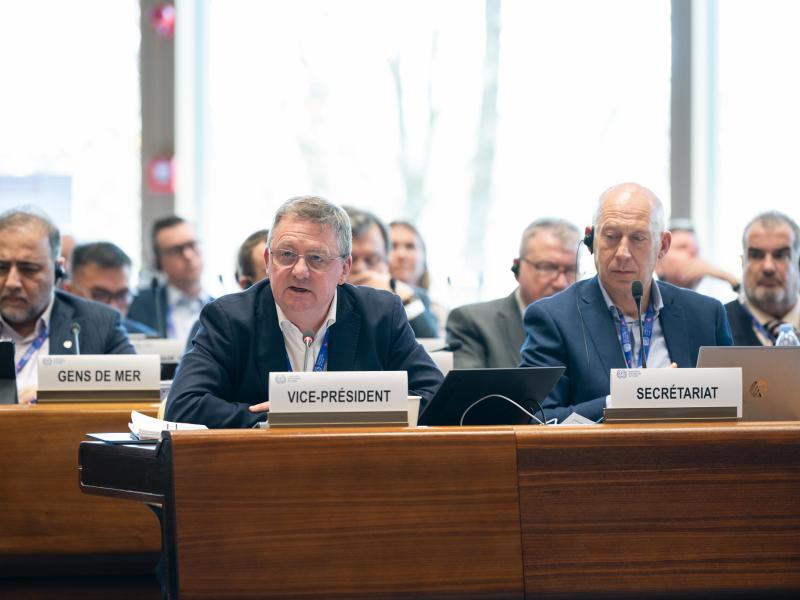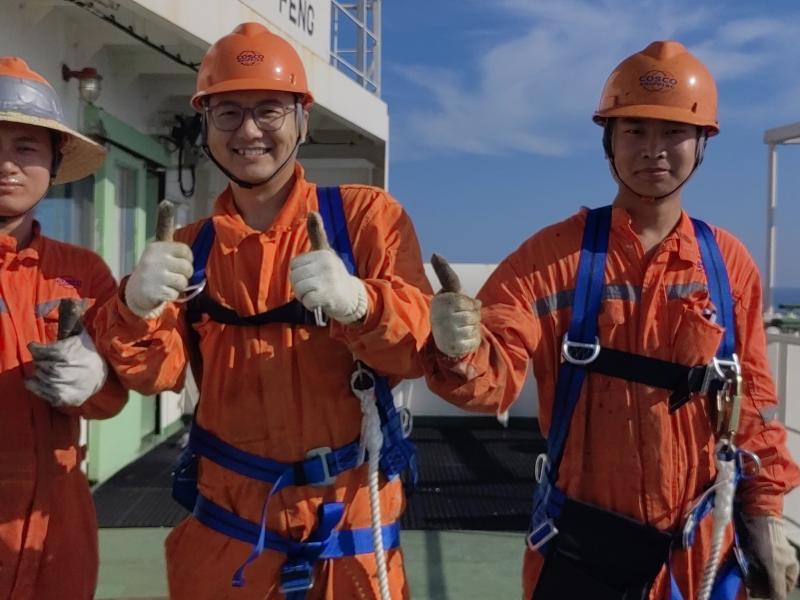The ITF’s railway section supports calls by British unions for the government to go further still. The UK must end its 26-year failed experiment with rail privatisation and bring all rail franchises into public ownership once and for all.
In many countries, privatisation and the restructuring of rail transport has continued apace over the last decade. Almost without exception, transport unions around the world report a severe deterioration in working conditions as a result. Evidence shows that services have also deteriorated in quality and reliability. This is because the profit-motive has been allowed to supersede the fundamental public sector ethos of serving public need.
Our experiences show that the consequences of rail privatisation, liberalisation and fragmentation are attacks on rail safety, pay, working conditions, pensions, collective bargaining and democratic accountability. This also leads to more expensive, less efficient railway systems, where profit comes before the needs of the community. The last ITF Congress in 2018 reaffirmed the 2016 Railway Section Conference commitment to ending privatisation and putting railways back under public control.
David Gobé, ITF Railway Chair, said: “The railway must be reinvented to meet the challenges of our century, both the needs of passengers and with working conditions worthy of the 21st Century. British workers have the know-how, and they now have a unique opportunity to reanimate the country’s railways after experiencing the worst of privatisation. The path of nationalisation is obvious, it is necessary, and it can be built by involving political representatives, trade unions, workers and employers’ associations.“
Well-planned, publicly-owned networks, accountable to the public through democratic structures, offer the best opportunity to develop and strengthen public transport networks. The ITF also knows that properly-funded, publicly-owned transport systems offer the best opportunities for good conditions and stability of employment. Only with public ownership and democratic control can the economic, social and environmental benefits of rail services be guaranteed.
We are not just transport workers – above all we are transport users, and so are our partners, our children, our families and our friends. The need for government bailouts during the Covid-19 crisis has further proven that private companies have no place in a railway fit for the future. We cannot accept that railway profits are privatised while losses are nationalised.
Given the nature of railways as an important part of a country’s infrastructure and a natural monopoly, they should be publicly owned and operated so that quality services can be guaranteed during times of both crisis and calm. The purpose should be to provide society with high-quality passenger services at affordable prices and provide fast and efficient freight transport for industry and commerce. Such a vital sector must put people before profit at all times.
David Gobé, ITF Railway Chair
Noel Coard, ITF Inland Transport Secretary
Alana Dave, ITF Urban Transport Director




